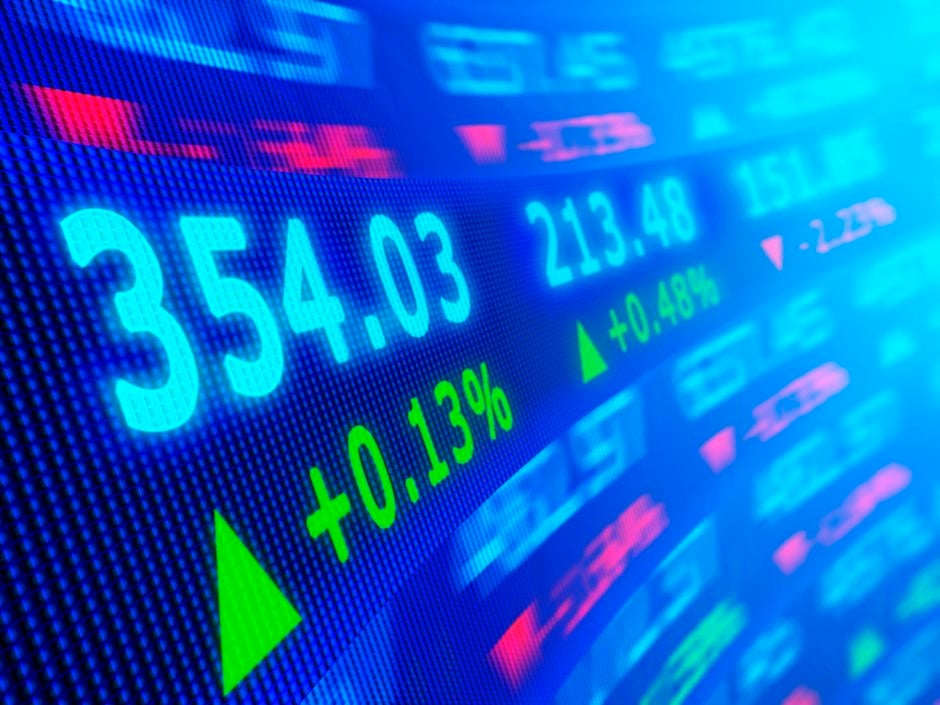Lower equities, higher volatility on trade war escalation

Today, I discuss Friday 's escalation in the US-China trade war and implications for financial markets. On Friday afternoon (European time), China announced countermeasures to Trump 's 10% tariffs on USD300bn of Chinese goods. Beijing will add 5-10% tariffs on USD75bn of US imports on 1 September and 15 December (see our China economist Allan Von M ehren's comment here). Trump responded violently. The president ‘ordered' US comp anies to find an alternative to China, and said that he would resp ond to China's tariffs in the afternoon (US time). After US markets closed, Trump announced that he would raise tariffs by 5% on all US imports from China, which amount to around USD550bn. The US will raise tariffs on USD250bn of Chinese imports to 30% from 25% on 1 October. The 10% tariffs on USD300bn of Chinese imports will be raised to 15% on 1 September and 15 December.
In my view, Trump's actions on Friday mark a significant escalation of the trade war. This is the first time that Trump has retaliated against China's countermeasures. Moreover, the speed with which Trump responded and the fact that he raised tariffs above 25% increase the uncertainty about what could happen next. Near term, we should watch out for: a) China's resp onse to Friday 's tariffs, b) China's countermeasure to the blacklisting of Huawei and its affiliates, which Beijing says that it will announce soon, c) information about trade talks set to take place in September, and d) signs that China considers imposing restrictions on exports of rare earth metals. I expect that China will respond to the US's blacklisting of Huawei and Friday 's tariffs. However, I believe the countermeasures will be more modest than Trump 's actions, which would be in accordance with China's retaliation for recent US actions.
A couple of weeks ago, I argued there is a 30% risk of a global recession over the coming 1-2 years. I argued that such a scenario would likely involve an all-out economic war between the US and China. This scenario could include that : a) the US raises tariffs to 25% on all Chinese imports, b) Beijing blacklists a range of US companies, and c) China imposes export restrictions on rare earth metals. In my view, Friday's events raise the risk of an all -out economic war between the US and China. This increases the risk of a global recession, but Fed action would help. We have adjusted our call on the Fed and now believe it will cut rates by 25bp on each of its next five meetings (see here). On Friday at the Jackson Hole conference, Fed Chair Powell highlighted the global slowdown (particularly China and Germany) and the escalation of trade tensions (which was before Trump 's Friday tariffs). We believe Powell's comments support our Fed call, although he will not pre-commit to a long easing cycle.
What are the market imp lications of Friday 's events? Since the trade war escalated in early May, government bonds in the US, Germany and Scandinavia have outperformed whereas equities have underperformed. US government bonds have been the star performer, whereas emerging market and Swedish equities (due to trade exposure) have been hit hard. I expect the same pattern to continue following Friday 's escalation. In my view, equities are set to fall and volatility to rise as the manufacturing/capex slowdown worsens and uncertainty increases. The Fed's unwillingness to p re-commit to a long easing cycle and the recession risk driven by the trade war will weigh on equities. However, I expect high equity risk premiums, in the form of the ratio of a stock market's earnings y ield over government bond y ield, will mitigate the equity sell-off.
In H1, falling interest rates in the Eurozone coincided with a fall in interest rate volatility . This might be explained by a market perception of a ‘Japanification' of Europe with interest rates set to remain low for a very long time, but floored by the lower bound. Following the previous trade war escalation on 1 August, rates volatility spiked while euro swap rates collapsed. This might be related to the fact that the ECB has opened a Pandora's box of new stimulus, prompting markets to draw a new distribution of interest rates, as argued by our ECB strategist Piet Christiansen. I expect Friday's events to trigger a new leg lower in core euro interest rates and a spike higher in volatility.
The search for the lower bound in the Eurozone has also driven the recent drop in EUR/CHF and EUR/DKK, in my view. I expect the Japanese yen (JPY) and the Swiss Franc will remain the top performers due to the central banks' reluctance to ease monetary policy and lower equities. I also like EUR/JPY lower as I expect the ECB to deliver relative to the BoJ. I expect USD/CNY to head further north, mitigating the effect of Trump 's tariffs. At our Macro Strategy View podcast tomorrow, I will discuss market implications of the US-China trade escalation with our equity strategists Mattias Sundling and Bjarne Breinholt Thomsen. Be alert. That was all for today.
Author

Danske Research Team
Danske Bank A/S
Research is part of Danske Bank Markets and operate as Danske Bank's research department. The department monitors financial markets and economic trends of relevance to Danske Bank Markets and its clients.

















